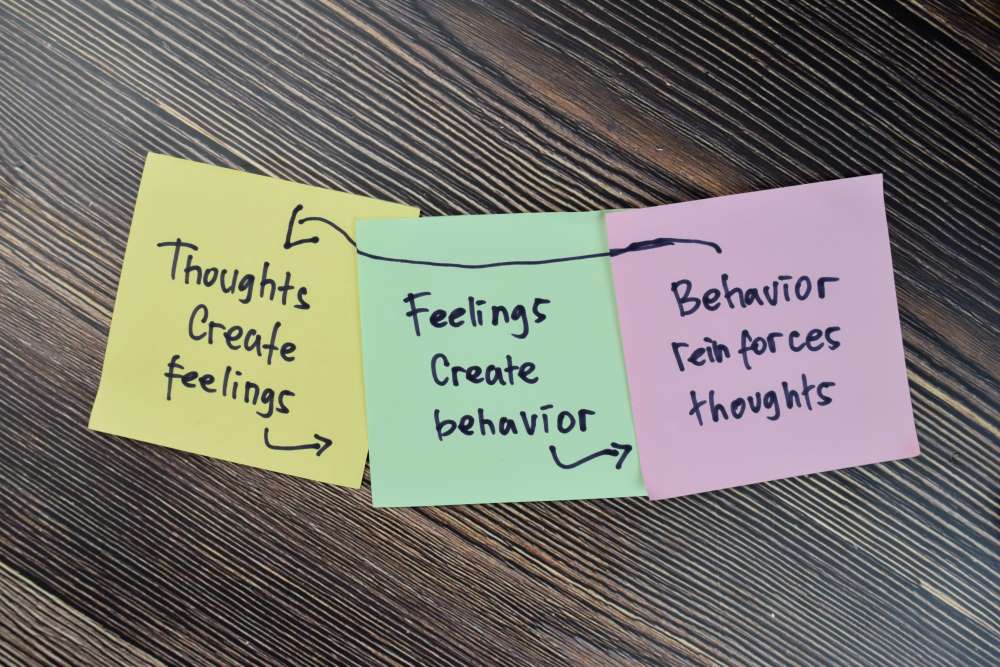If you’ve had a medical checkup and are still having trouble with sleep, you should consider an underappreciated, but highly effective treatment for insomnia—Cognitive Behavioral Therapy for Insomnia, or CBT-I.
While we’re going to address the behavioral and environmental approaches for helping with sleep in another article, keep in mind that even the best intentions don’t always lead to desired results.

The good news is, there is help out there in the form of CBT-I. In fact, it is the recommended first-line treatment for moderate to severe insomnia.
CBT-I is particularly helpful with sleep problems related to anxiety, intrusive thoughts, worry, ruminations (also known as monkey brain), and other psychological issues that, if left untreated, can get worse over time.

A therapist who is trained in CBT-I can help people work through these issues, help them set appropriate expectations for sleep, and develop techniques for relaxation with real-time feedback.
If you would like more information on Cognitive Behavioral Therapy, make sure to check with your coach or healthcare provider.
